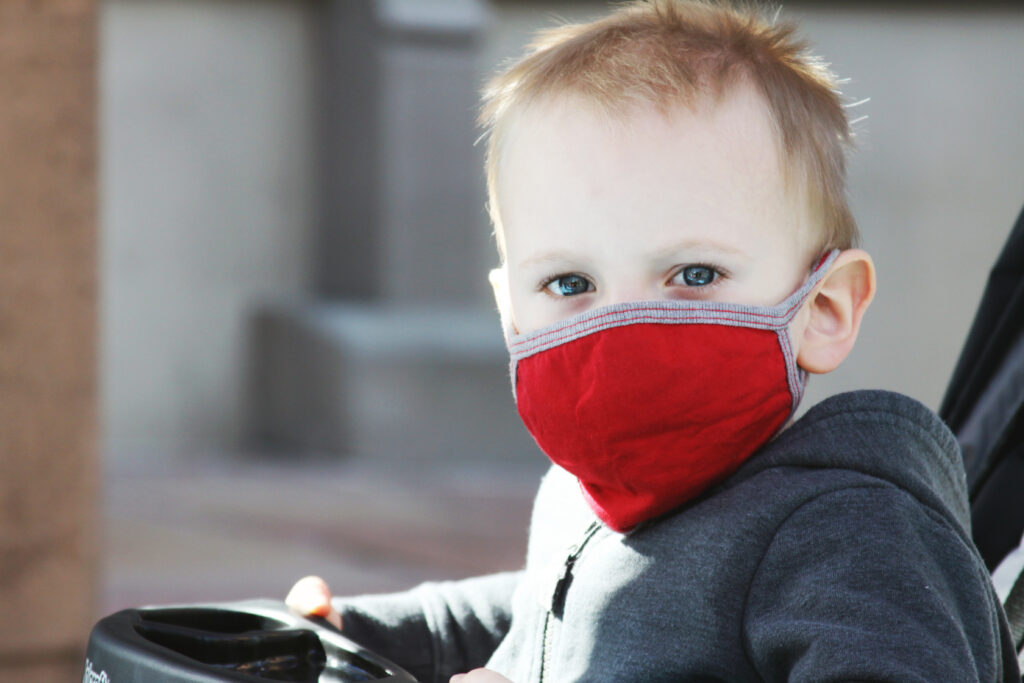Pandemic flu is not seasonal flu.
The flu comes around every year. The season flu usually starts in October and continues through March, but it peaks in December, January and February. Each year, anywhere from 10 – 50 Million people get sick with the seasonal flu. It is estimated that U.S. employees miss up to 111 million workdays annually (as a group, of course) due to the seasonal Flu. This amounts to $16.3 billion is lost earnings each year. Although in my experience, few stay home when they really should and can. Seasonal flu can cause schools to close. In one Texas school, 10% of the students and staff were sick. School closings cause a ripple effect, when children are sick, parents often choose to stay home from work to care for them.
Pandemic flu is a different beast. Pandemic flu occurs when a different strain of flu emerges. Most people will not have an immunity to the new strain which allows it to spread quickly. It becomes Pandemic when it spreads outside it’s original borders and infects people worldwide. While we know the know the seasonal flu is coming and we can prepare vaccines (there is a six month lead time on production), there is usually no off the shelf vaccine or anti-viral available to combat the Pandemic flu. As a result, infection rates increase, more people get sick, more workplaces and schools are affected, and the symptoms and outcomes for patients can be more severe. So Pandemic flu is not ‘just the flu’

What are NPIs and how will they protect me.
NPI stands for nonpharmacological interventions which just means what can you do to protect yourself without having to take drugs. Some of the measures are familiar; frequent hand washing, respiratory etiquette (cover your mouth and nose when sneezing), face masks, school closures, social distancing, and isolation or quarantine.
There has been some controversy over the effectiveness of these measures, but understanding the basis of the controversy is important. All of these measures are known to be effective in preventing the spread of other diseases, such as the flu or the rhinovirus(common cold). However, when a new disease appears, it is not immediately known how it spreads so taking these simple interventions can significantly reduce your chance of contracting the disease.
Hand washing is known to be effective in stopping the seasonal flu and the rhinovirus. When Covid-19 first appeared in the U.S., we didn’t know if it could be spread by shaking hands (a common custom when greeting someone). We didn’t know how long the virus could survive outside the body such as on a door handle, or desktop. But after some clinical testing, it was found that handwashing was very effective at killing the virus. It was also found that, like the seasonal flu, Covid-19 can survive on hard surfaces up to 3 days. Which is why it is important to sanitize surfaces regularly.
Respiratory etiquette has also been shown to be effective at controlling the spread of flu like illnesses. However, Covid-19 has been shown to be much more contagious than similar illnesses, so social distancing is a much better strategy for controlling the spread of the illness.
In summary, NPIs have been found effective in preventing the spread of seasonal and pandemic flu. When a pandemic illness first emerges, these measures must be put into place first until the effectiveness of the measure can be determined through scientific study. At the start, we just don’t know what will and will not work. But we do know that NPIs do no harm and more than like, will save your families lives.
How do I create an emergency plan of action?
- Create an emergency contact list. Determine who in your family will be impacted by a pandemic flu. Include all ways you can contact them; phone, text, social media, email, etc.
* Young children
* Aging parents
* Grandparents
* Family with respiratory health issues
* Friends
also include…
* Doctors/health care providers
* Teachers
* Employers
* Community resources you may need (food bank, clinic) - Practice everyday prevention. Make it part of your regular life. You need it be second nature before the pandemic arrives.
* Avoid close contact with people who are sick
* Wash your hands frequently
* Keep your distance from people in public to the extent possible and appropriate - Be prepared for panic buying. Stock up on products you will need.
* Soap
* Hand sanitizer with 60% Alcohol
* Cleaning products
* Tissues
* Disposable facemasks (if you can get them)
* Prescription drugs (keep an emergency supply)
* Over the counter medications such as aspirin, naproxen sodium, cough medicine, etc.
* Easy to prepare foods
* And of course, toilet paper - If possible, set aside a room in your house to be used by sick family members only. And if possible, set aside a bathroom for them as well. Clean and sanitize the room and bathroom daily.
